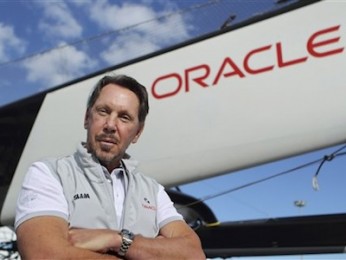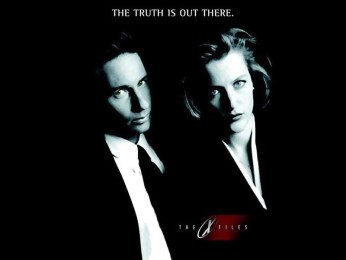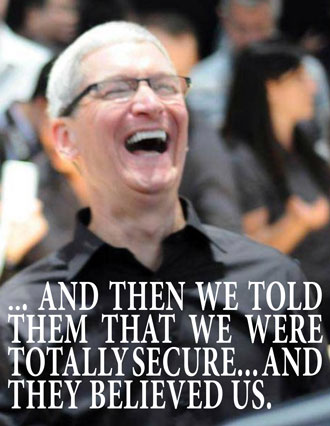 Thirsty boffins at Oregon State University have discovered that doses of xanthohumol, a flavonoid found in beer improved memory and thinking.
Thirsty boffins at Oregon State University have discovered that doses of xanthohumol, a flavonoid found in beer improved memory and thinking.
True, the experiment was conducted on a group of mice who were not knocking back pints in the snug at the Rat and Handgun. Instead they were injected with flavonoids, found in hops.
Last year, researchers discovered that a flavonoid found in celery and artichokes could potentially fight pancreatic cancer, which is less headline worthy than anything mentioning beer.
The researchers treated the mice with dietary supplements of xanthohumol over the course of eight weeks to see if xanthohumol could affect palmitoylation, a naturally occurring process in animals – including humans – that’s associated with memory degradation.
The mice then went through a series of tests to gauge whether or not the treatments had improved their spatial memory and cognitive flexibility. For the younger mice in the group, it worked. Tragically older mice in the group found that xanthohumol didn’t seem to have any effect and they just sat around moaning about the rodents of today and how Margaret Thatcher was a brilliant leader.
Xanthohumol is rare and hops are the only known source. The dose the mice were given could be found by drinking 2,000 litres of beer a day for six weeks.
Still, the findings suggest the compound could one day be used medicinally to treat cognitive problems in humans. Which is ironic because we drink beer to forget. We can’t remember what, which means that it is working.


















